Climate Change Affects Animals in a Truly Devastating Way
Updated Nov. 25 2020, 12:38 p.m. ET
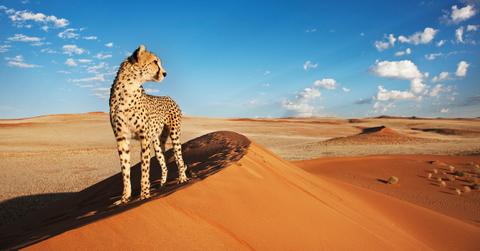
Animals rely on their environment to survive. In theory, so do humans, but because of how built our communities, economies, and industries are, we are more likely to forget that we need the very planet we are destroying... #AnInconvenientTruth. But animals do not have such a luxury, as they inherently know they need water, food, and other resources the planet provides, in order to live. Sadly, as climate change alters the state of the planet, animals are adversely affected.
How does climate change affect animals? It poses a disruption to animals’ natural habitats, resulting in loss of animal life and even extinction of certain species. Keep reading for more information on how climate change impacts animal life.
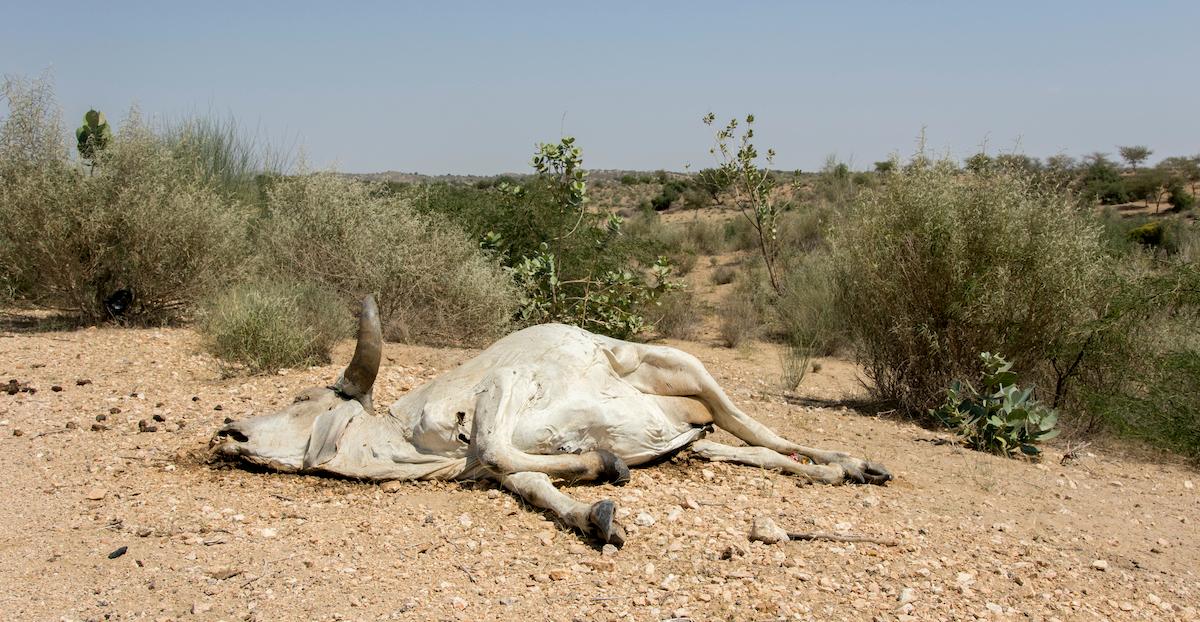
How does climate change affect livestock?
Livestock includes farm animals, which play an important role in the food industry; one way in which climate change impacts livestock through its food supply. According to the Environmental Protection Agency (EPA), elevated levels of CO2 in the air caused by global warming lowers protein and nitrogen content in soybean plants.
Such a decline could negatively impact livestock grazing in pastures, which could lead to food shortages, starvation, or sickness from a lack of nutrients.
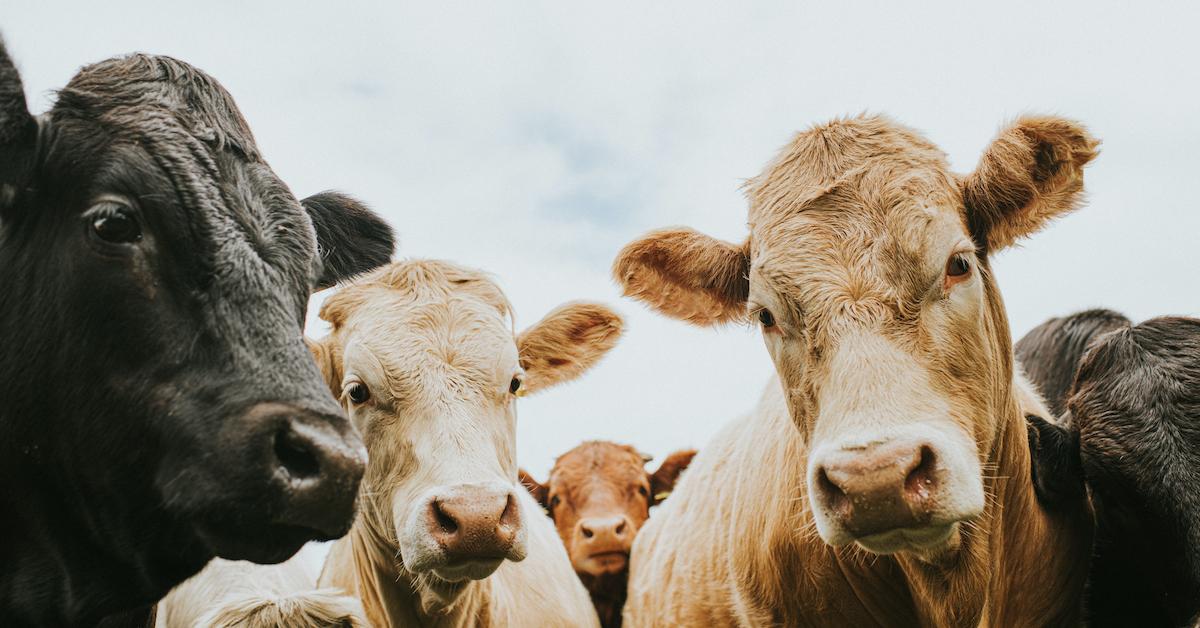
How does climate change affect Arctic animals?
In the same way that climate change reduces livestock’s natural environment — the pastures in which they graze — climate change reduces Arctic animals’ environment. According to the Environmental Defense Fund (EDF), animals such as walruses and polar bears rely on the Arctic’s sea ice.
As the average global temperature warms, the sea ice vanishes, leaving less and less environment for polar bears and walruses to live on, walk on, and to stay out of the water. In fact, in 2008, the polar bear was added to the Endangered Species List as a threatened species, making the polar bear the first to be added due to global warming.
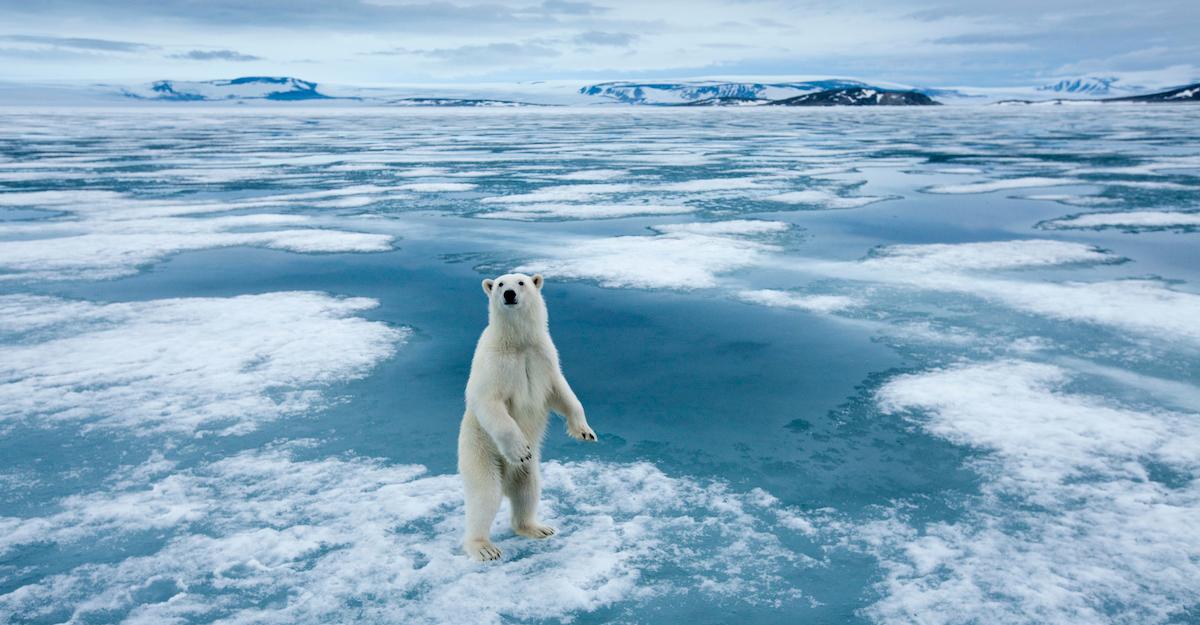
How does climate change affect marine life?
As the average global temperature warms, so do the Earth's oceans. This causes tremendous upset in marine ecosystems, particularly affecting coral reefs, which are sensitive to temperature changes. Hot temperatures can cause coral reefs to become heat-stressed and bleach, affecting coral algae levels.
This leads to coral starvation, and because coral reefs serve as homes to many other species, this is a critical loss.
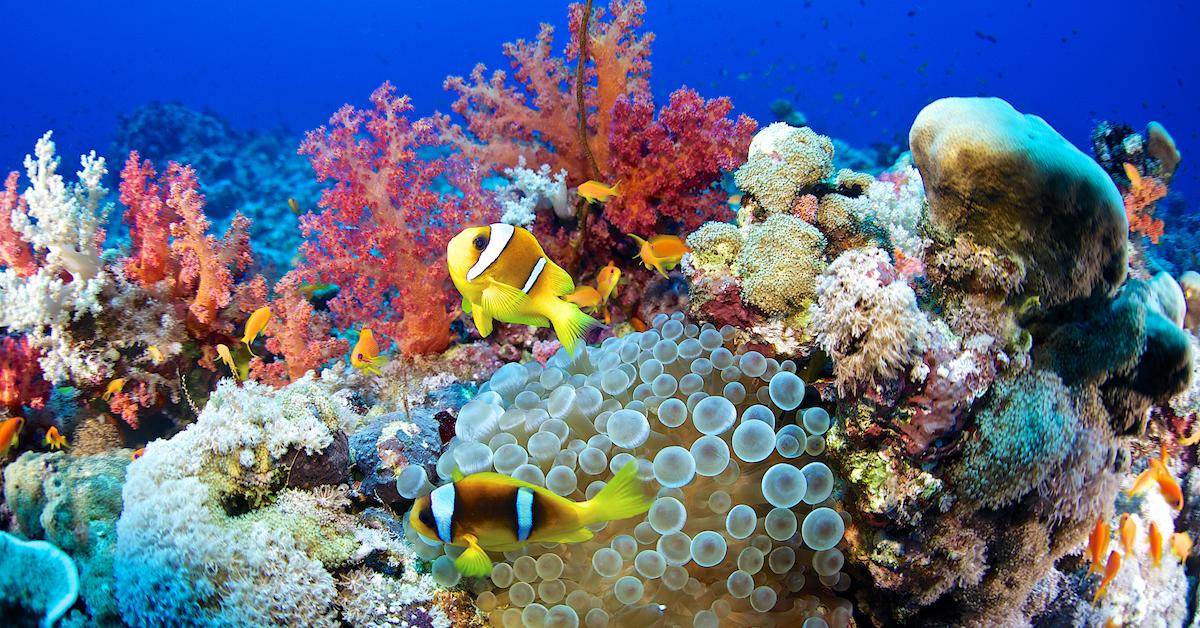
How does climate change affect forests?
Global warming and climate change contribute to more frequent extreme weather events. These events can include drought and heat waves. While extreme weather is a danger for human life, it can also negatively impact animals’ environments. Forests included. According to EDF, “Milder winters and longer summers allow tree-killing insects to thrive. Meanwhile, trees weakened by prolonged drought have lower defense mechanisms.”
Without the natural cycle of seasons that the area is supposed to receive, forests and other natural habitats can’t function properly. If they are not functioning properly, then the animals that typically rely on that environment cannot survive there. This can lead to animal deaths and even extinction.
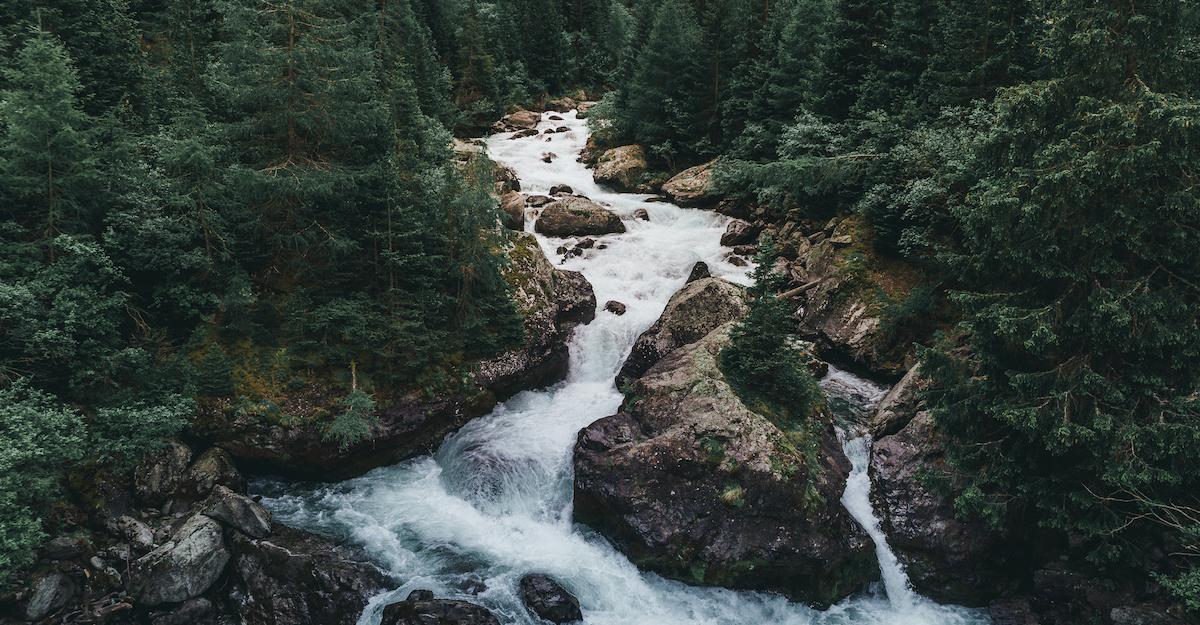
Climate change destroys the environment, especially natural habitats that animals rely on for food, shelter, and other vital resources. If coral reefs, jungles, oceans, meadows, and other natural areas are so significantly impacted by climate change, local plants and animals will recede or die off. This could ultimately impact the entire food chain, causing a mass extinction of species on a global scale.